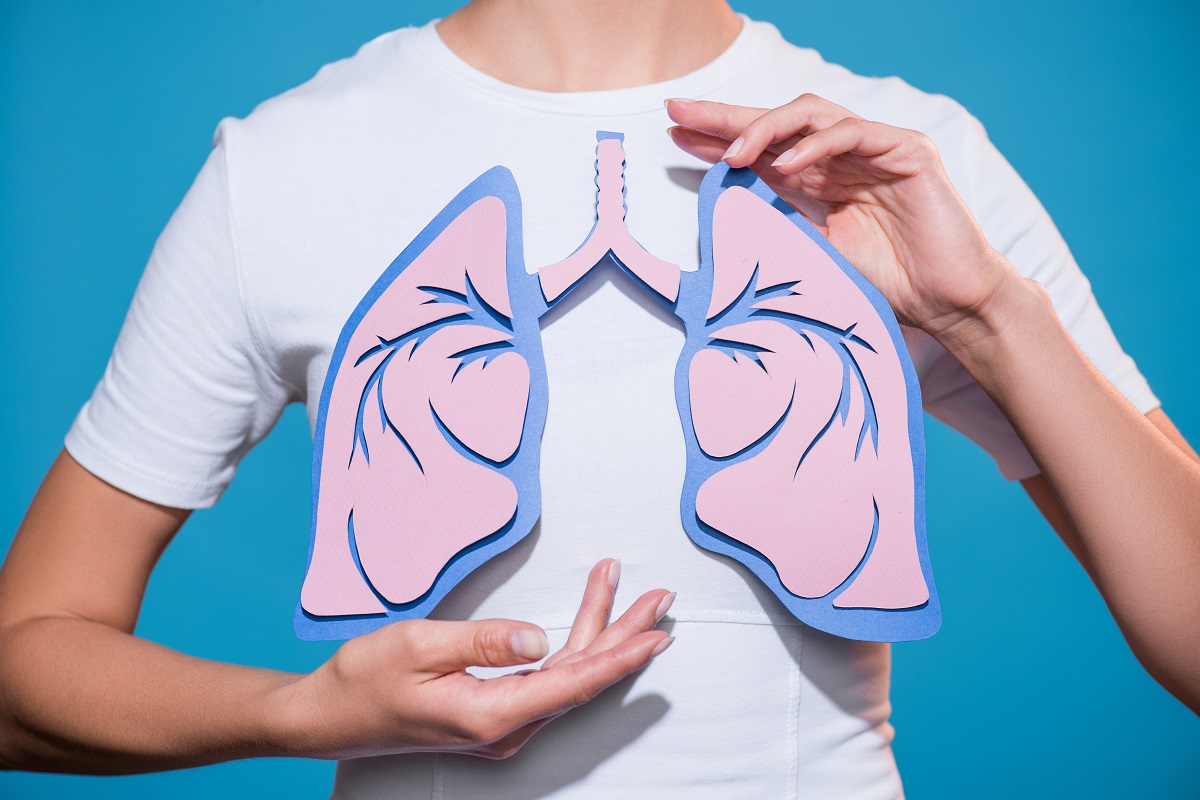This year has been a roller-coaster. It’s why subjects like the tips for maintaining sobriety during social distancing are important. Few people will disagree that in 2020, life has been turned upside down. People with the most stable lives are feeling disoriented and insecure.
This is because they grapple with changes to their employment, the need to juggle working from home with helping school-aged children with their learning, and the stress of suddenly having the whole family under one roof all the time. For those with addictions, staying sober through COVID-19 poses some unique challenges.
How The Pandemic Puts Addicts At Risk
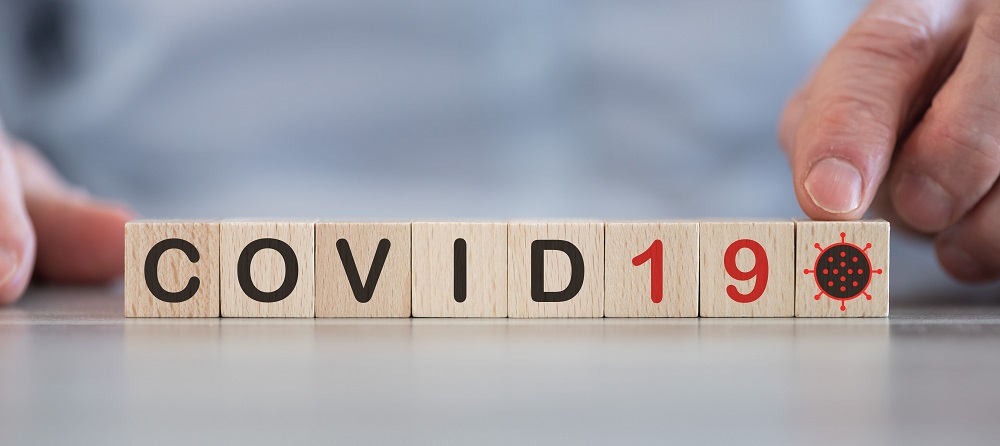
Being an addict during normal times puts you at risk of physical and mental health complications, broken relationships, financial ruin, and a host of other consequences. Being an addict during a pandemic adds to this. Before you can figure out how to avoid relapse – or how to attain sobriety – you first need to ensure your own survival.
Maintaining Sobriety: The Challenges For Those Who Are Actively Using Drugs Or Alcohol
In Ontario, and in many other parts of North America, the provision of alcohol has been regarded as an essential service since the start of the Coronavirus outbreak. However, for many people, it may have become more difficult to obtain alcohol. Most retail locations have imposed limits on the numbers of people allowed in at a time.
Supply is challenging for people who use other substances as well. Many doctors have temporarily suspended their family practices in order to help meet the rising demand for medical professionals in hospitals, and others have turned to virtual consulting. This makes it more difficult to get extra prescriptions for opioid medications.
Quarantine and lockdown rules will also have interfered with the supply of illicit street drugs. Also, the shutdown of many workplaces means a drying up of the cash flow that previously funded the addiction.
While some people may think this creates the perfect opportunity to force addicts into staying sober through COVID-19, it creates a potentially dangerous situation for them. Now, they face the risk of serious withdrawal symptoms at a time when hospitals are prioritizing the treatment of COVID-19 patients.
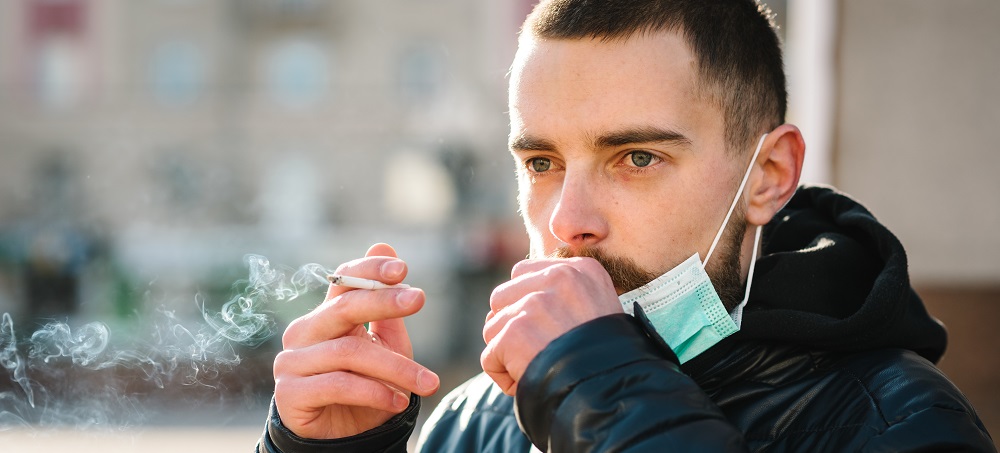
Dealing With Interruptions In Services
Also at risk are addicts who have already stopped using their substances and are already learning ways to stay sober after addiction treatment. For some recovering addicts, the Coronavirus outbreak has meant a temporary suspension of support group meetings, such as Alcoholics Anonymous and Narcotics Anonymous. Those who are earlier in their recovery journey may have had their inpatient addiction treatment programs cut short.
Not only would they have been discharged prematurely, without having learned all of the life skills they need to stay sober, but they may also have been sent back into home situations that are triggering for them. As a result, knowledge of the tips for maintaining sobriety during social distancing is critical.
Related article: Tips to Help You Prevent a Prescription Drug Addiction
Living With A High Risk Of COVID-19 Complications
Active and recovering addicts face another potential hurdle: the fact that their period of substance abuse may have impacted their physical health in ways that increase their risk of complications from COVID-19 itself.
Being among the vulnerable population, a lot of addicts may be forced to follow stricter quarantine protocols than the people around them. This can lead to increased levels of anxiety and depression.
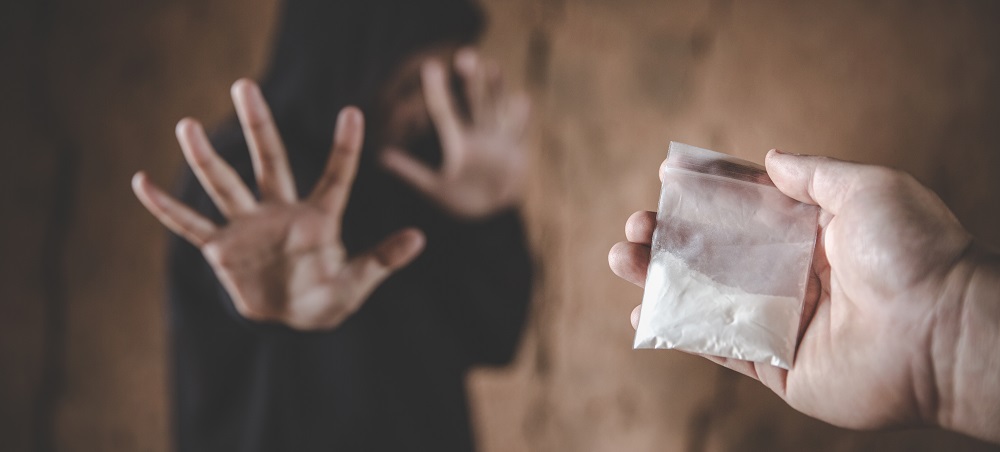
Tips For Maintaining Sobriety During The COVID-19 Pandemic
No matter where you are in your addiction journey, there are things you can do to make it easy yourself. These tips are important for maintaining sobriety during social distancing.
One of our silver linings during these traumatic times is the fact that the Internet has enabled us to remain connected. While there is nothing on earth that can replace face-to-face interaction, we are not quite as isolated as people were during the Spanish Flu pandemic of 1918-1919. Many, but not all, of the following tips for maintaining sobriety centres around the use of technology.
Maintain Your Human Connections
It is said that no one is an island. This is certainly true of people in all stages of addiction. Whether quarantine nudges you into sobriety sooner than expected, or you are looking for ways to maintain already-established sobriety, you will be partially reliant on the people around you for support.
Even if you are not able to see those people in person, they can help. Some tips for connecting with people include the following:
- Call your AA or NA sponsor if you have one, even if you do not have an immediate need. Remember that they too may be battling with how to avoid relapse at this time. Checking in to say hello will not only help you, but it may also make a difference to them.
- Let those you live with know what you need. Whether you are seeking some quiet time by yourself, or you need the buzz of human interaction, tell them how they can help. Let them know when you are feeling vulnerable and in need of support.
- Top of the list of tips for maintaining sobriety during social distancing is to offer support to family members who are struggling. The COVID-19 pandemic is hard on many people, for a variety of reasons. By cheering up someone who’s feeling low, by offering advice to someone who needs it, or by helping someone with homework or with a task, you can feel a greater sense of belonging.
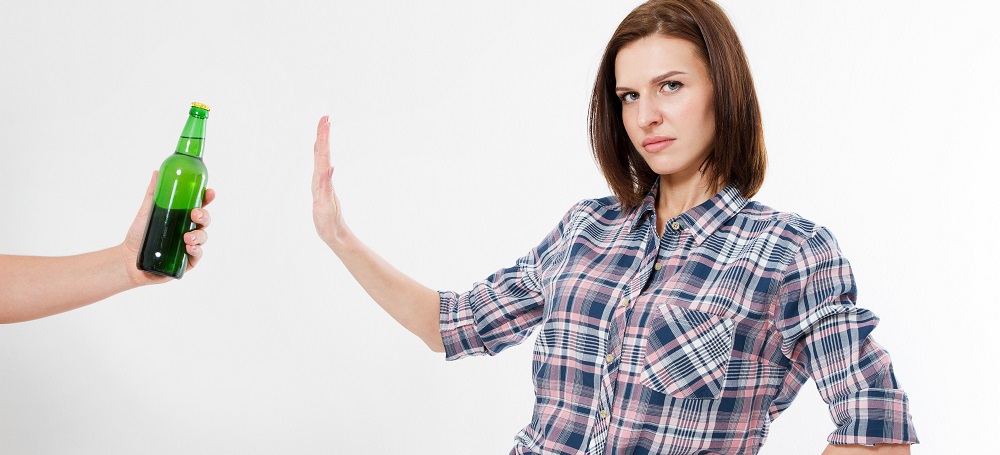
Ensure That Your Time Has Structure
If you are spending all of your time at home, you may be tempted to sit around in your pyjamas all day and drift through your days without real purpose. Instead, give yourself a structure – a few “rules” that you have to follow each day, and some kind of schedule. This way, you can fill up your time in productive ways, while still leaving yourself some downtime.
Here are a few examples of how you can add structure to your days:
- Make sure you have taken a shower, brushed your teeth, and gotten dressed by a certain time each day
- Eat your meals at the same times every day
- Attend online group support meetings at the same times that you would usually attend in-person meetings
- Schedule time in your calendar to exercise
- Go to bed and wake up at consistent times
- Set goals for yourself to accomplish each day. These can range from completing a task that you have been putting off to working on the development of a new skill
Establish Continuity Of Treatment
One of the most important tips for sobriety during social distancing is to explore digital means of continuing your therapy and counselling sessions. If you were discharged early from an addiction treatment and rehab program, your treatment team will no doubt have made arrangements for you to participate in virtual appointments.
It is important that you maintain this. Not only does it ensure continued access to some form of treatment and support, but it also helps you establish a schedule.
Equally important are your support group meetings run through organizations like Alcoholics Anonymous, Narcotics Anonymous, and Smart Recovery. While in-person meetings in many areas have been suspended, in many cases they have been replaced with online meetings. Make sure you know when these meetings are and how to access them.
Keep Yourself Busy
Staying sober through COVID-19 can well depend on your ability to keep yourself busy in a way that is intentional. Don’t just dart from one activity to the next. Instead, plan how you are going to spend your time. Some ideas for things to do include:
- Starting a journal
- Playing board games and doing jigsaw puzzles
- Taking an online course to learn a new skill
- Giving yourself a workout/exercise routine
- Making a list of maintenance/repair jobs that you can work on
- Catching up on TV shows and movies, and watching live online concerts
- Planning your post-quarantine life: are you going to look for a new job, go back to school, or find a new apartment?
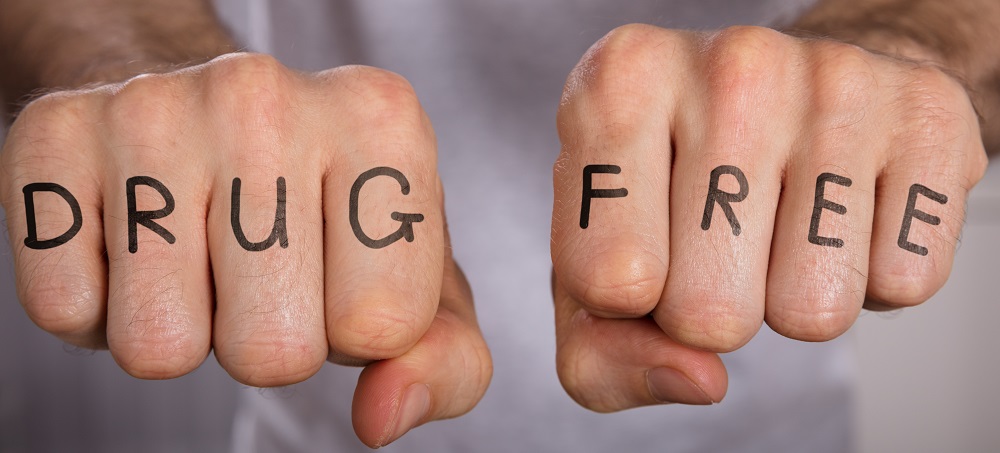
Give Yourself Down Time
As important as it is to keep busy during these times, you also need to give yourself a break. One of the challenges of lockdown/quarantine is that you are with the same people day in and day out. Everyone needs a break from this from time to time, and recovering addicts are no exception.
One of the tips for maintaining sobriety during social distancing is to take time to go for a walk, visit a park where you can safely maintain social distancing, or simply be by yourself in your own space. Don’t be afraid to tell your family members that you need this time. The chances are that they will understand and be supportive.
Have A Plan For Difficult Times
Even if you follow all of these tips for maintaining sobriety, it may not all be plain sailing. You may have times when pandemic life seems overwhelming. In cases like this, it is important to have a plan already in place when this happens.
This plan may include the following:
- A set of activities that you can do to distract yourself from cravings
- A list of people you can call, such as your rehab centre support line, your sponsor, your therapist, or a trusted friend
- A plan for those who live with you to follow, such as taking you for a walk or ensuring that you are not left alone
This Too Shall Pass
It may seem as if this pandemic will never end, but it will. At some point, you will have to make the transition from pandemic to post-pandemic living. In some ways, this will seem like a relief; in others, it will feel overwhelming.
If you find yourself in need of some intensive addiction treatment when the lockdowns and quarantines are over, the custom addiction rehab programs at addictions.ca can help you. Contact 1000 Islands Addiction Rehab & Treatment Centre for addiction treatment programs. To find out about our services and the support that we can offer during and after the pandemic, call us at 855-601-0555.
Related article: Addiction Recovery: Tips to Take Control of Your Recovery






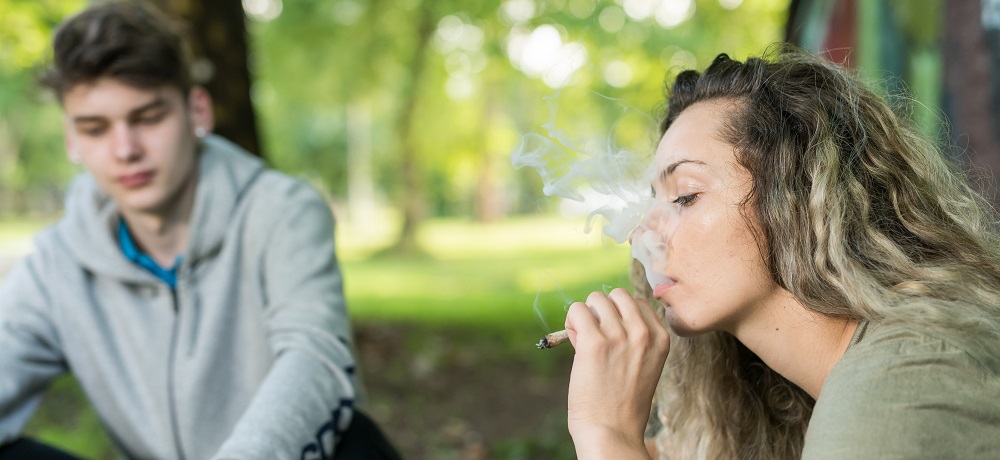
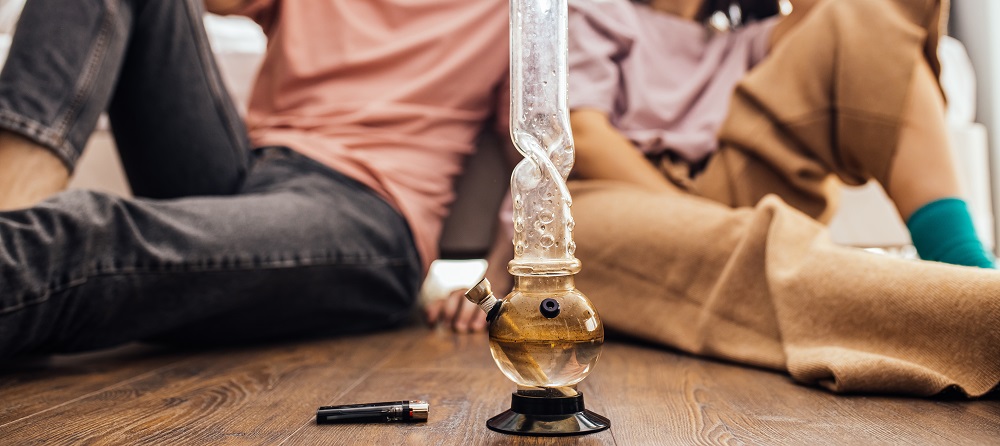
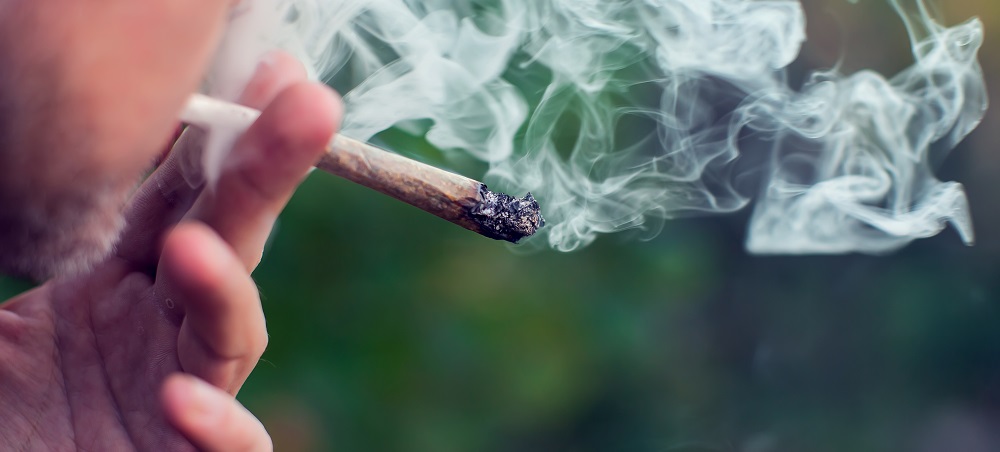


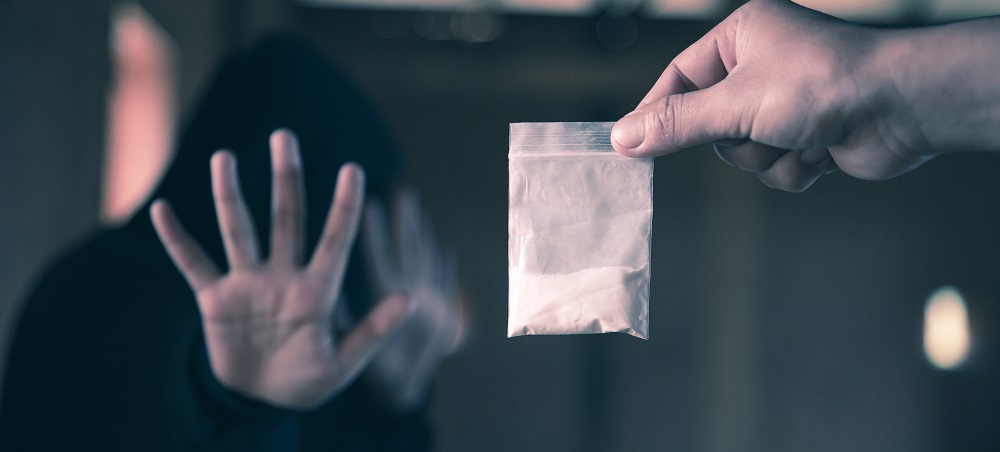
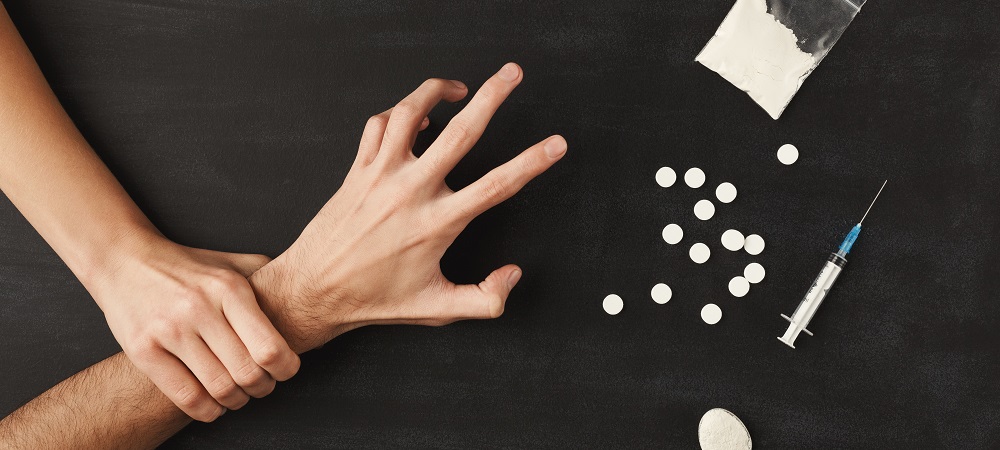
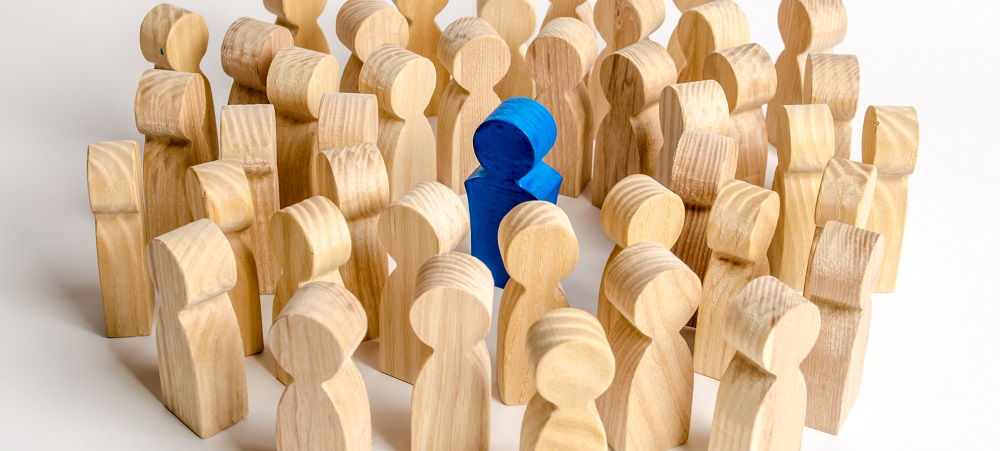
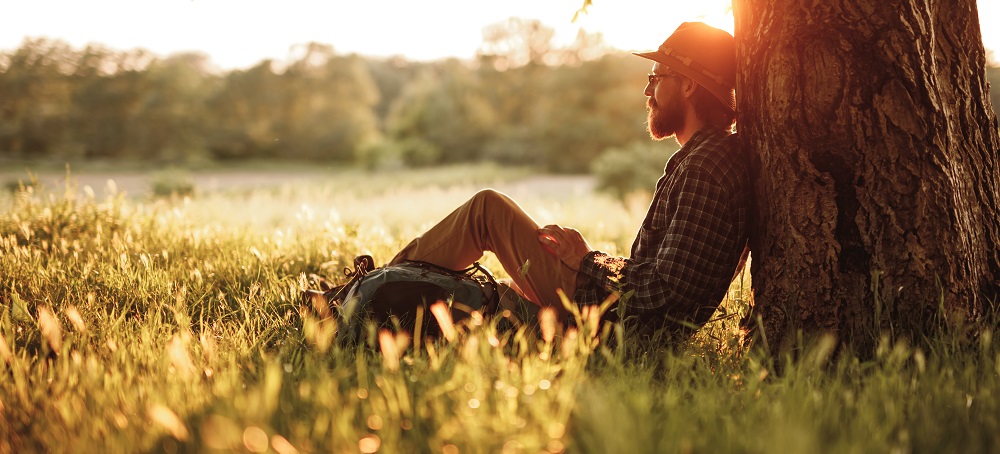

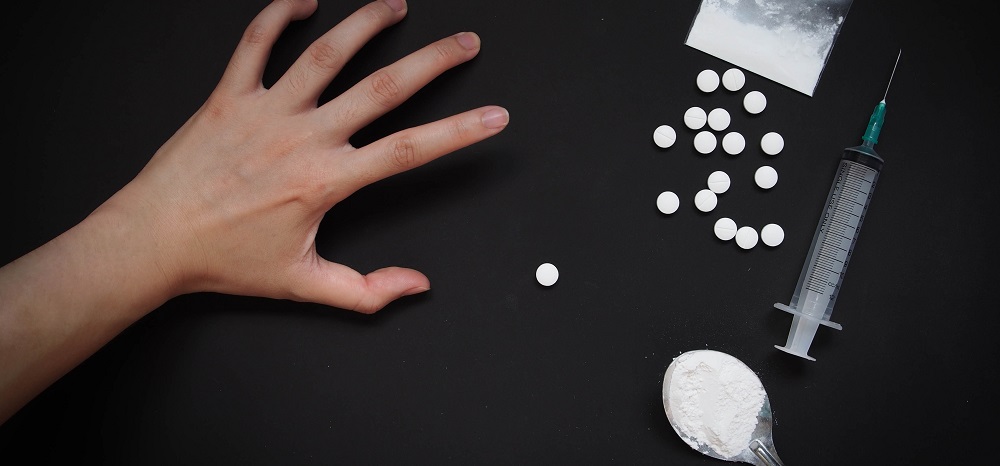
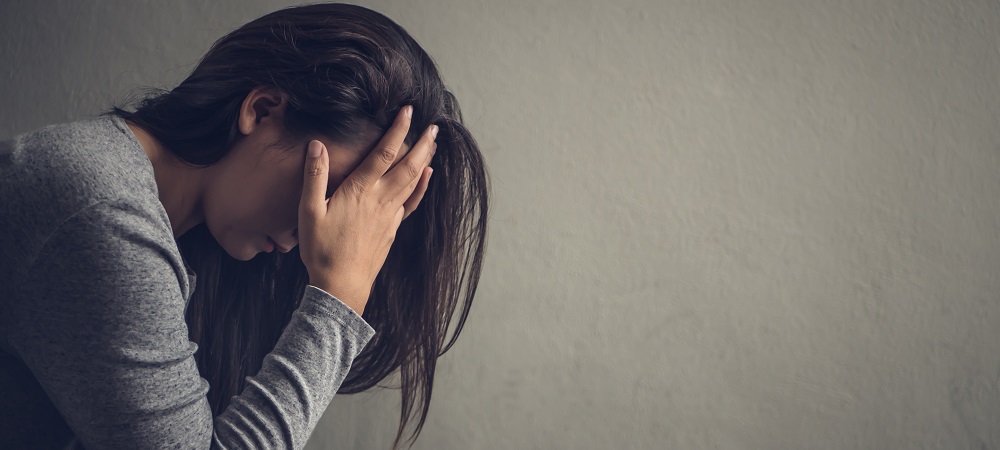
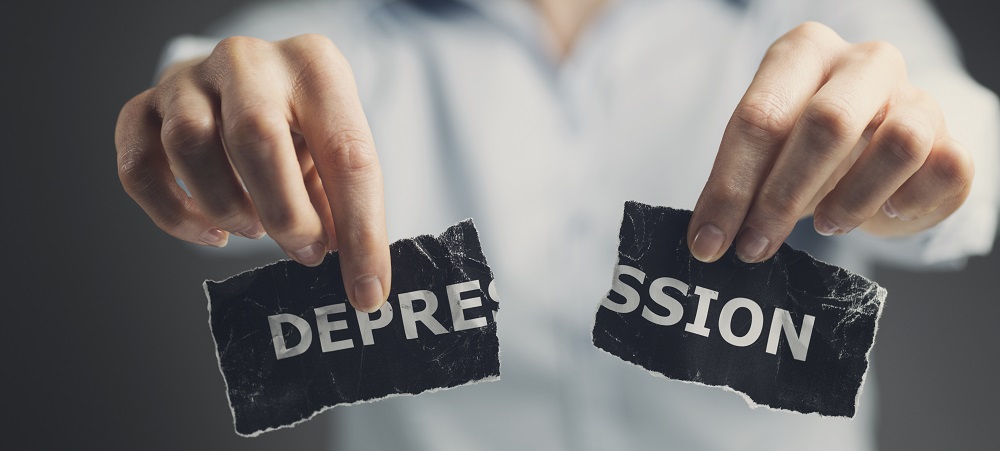



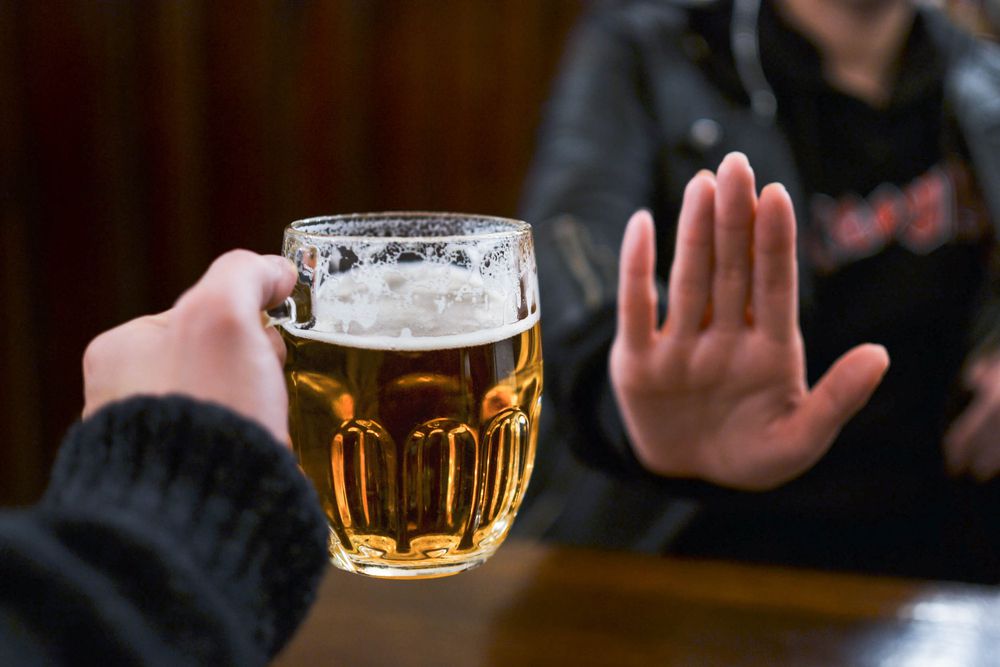
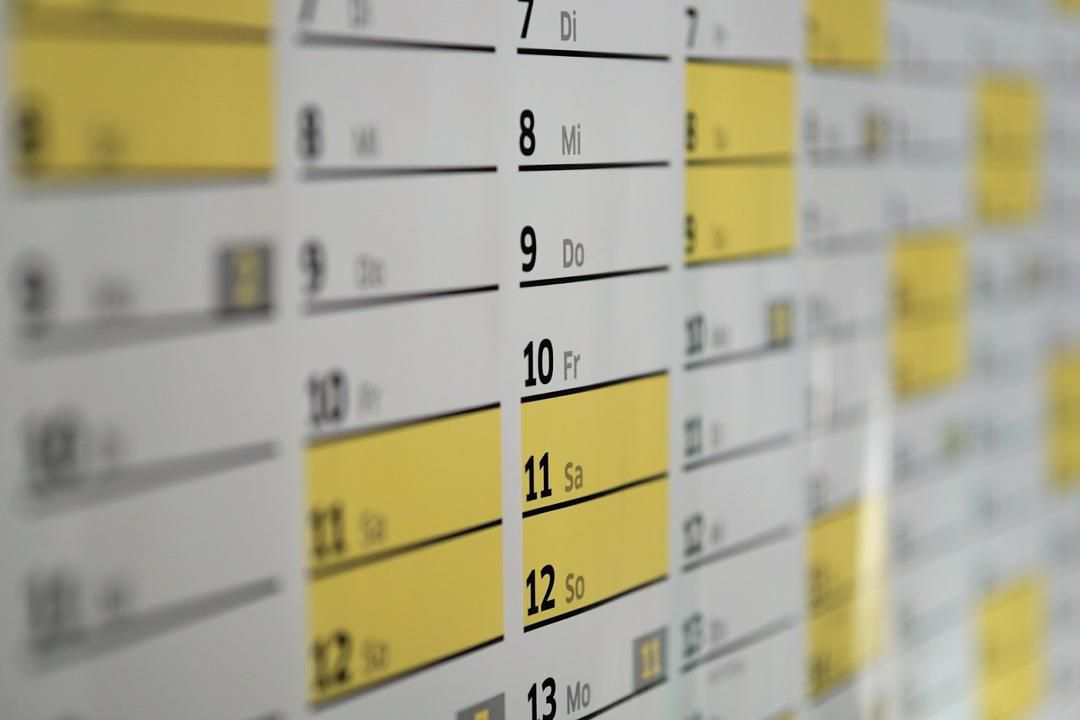

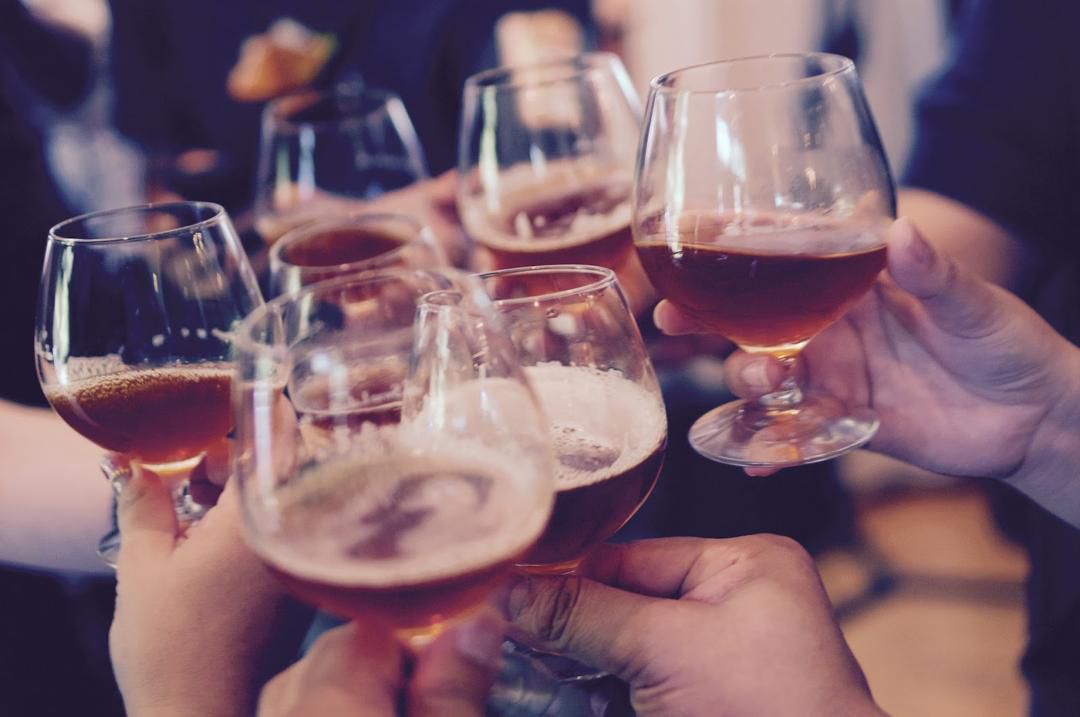
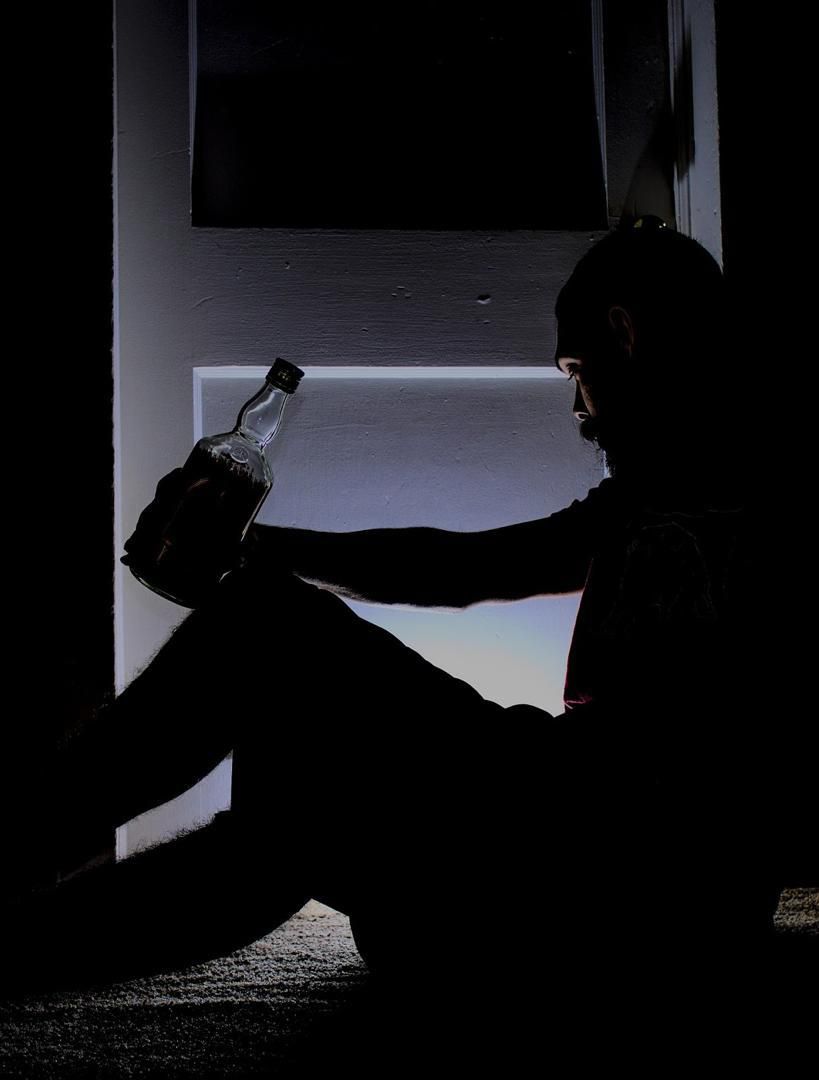

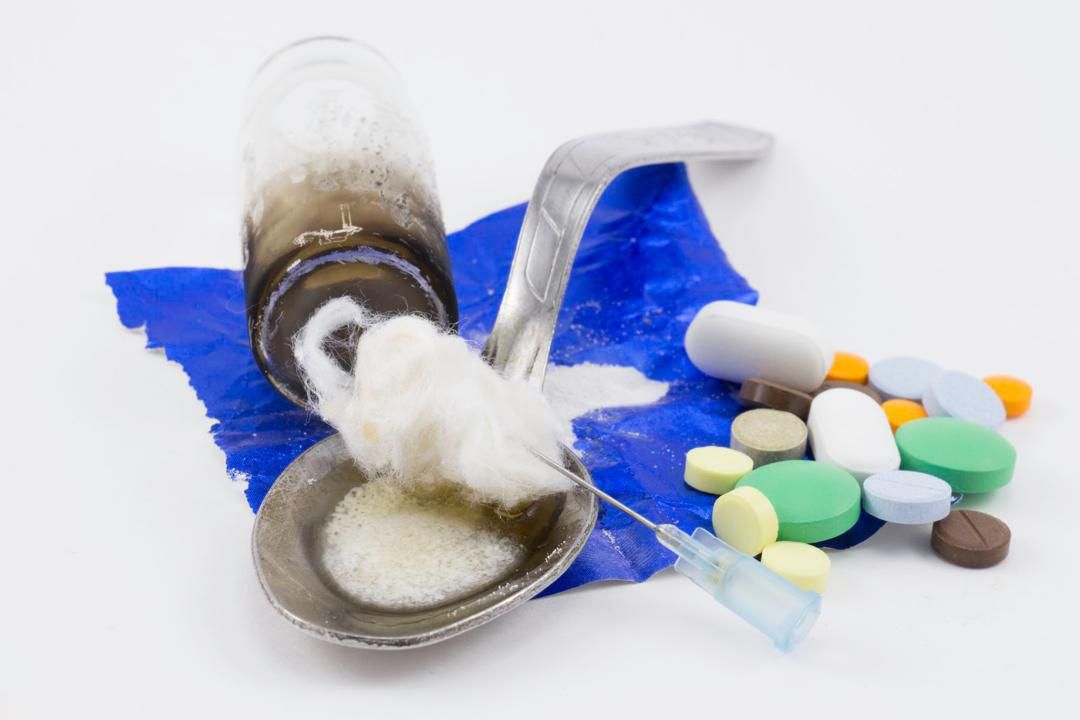
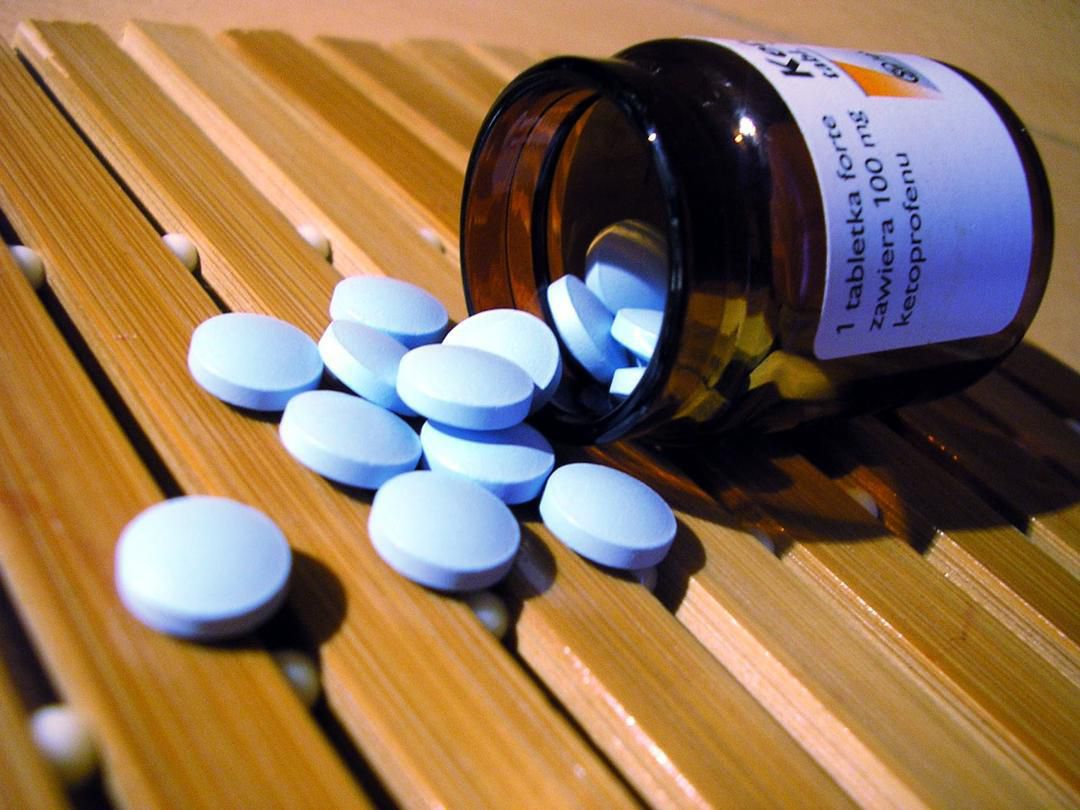
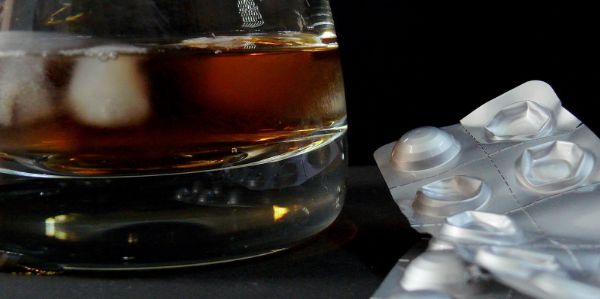
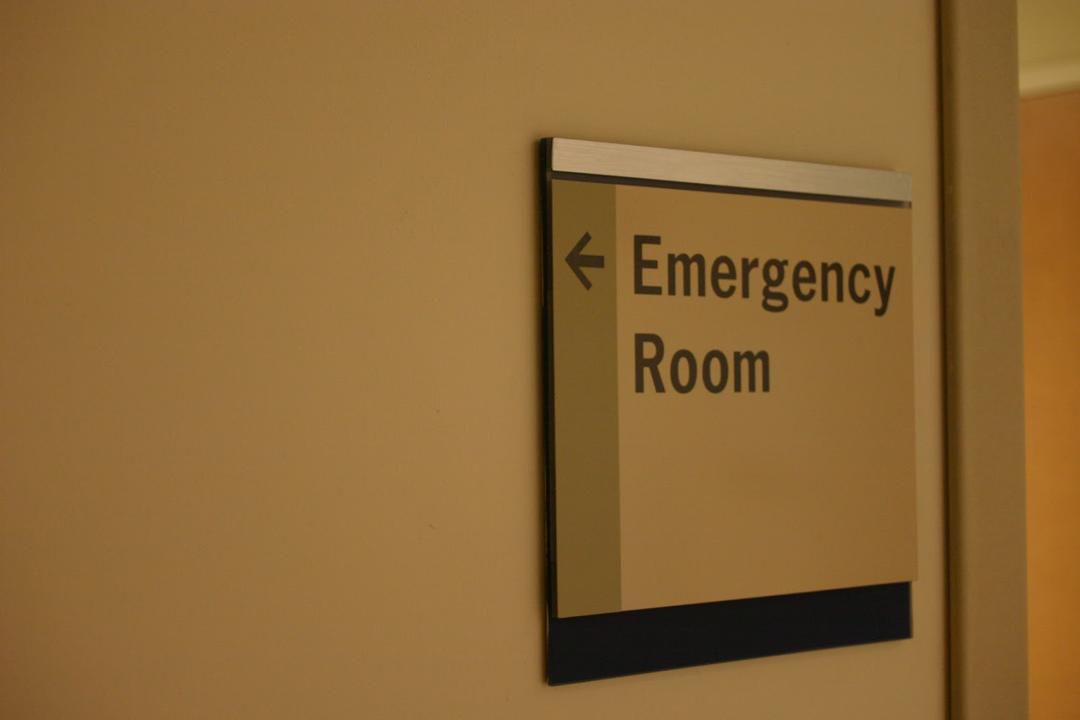

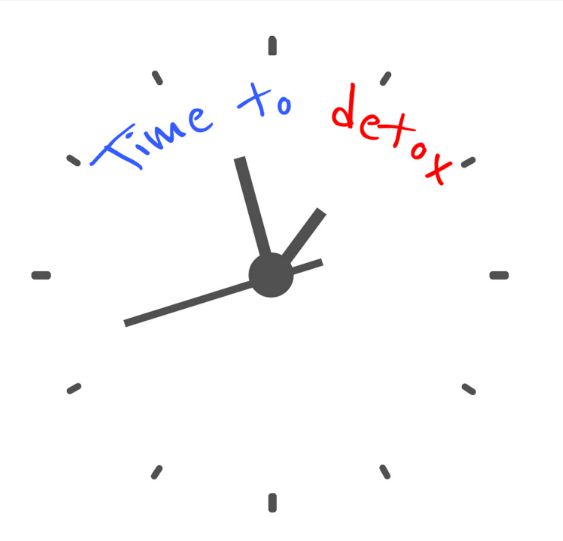
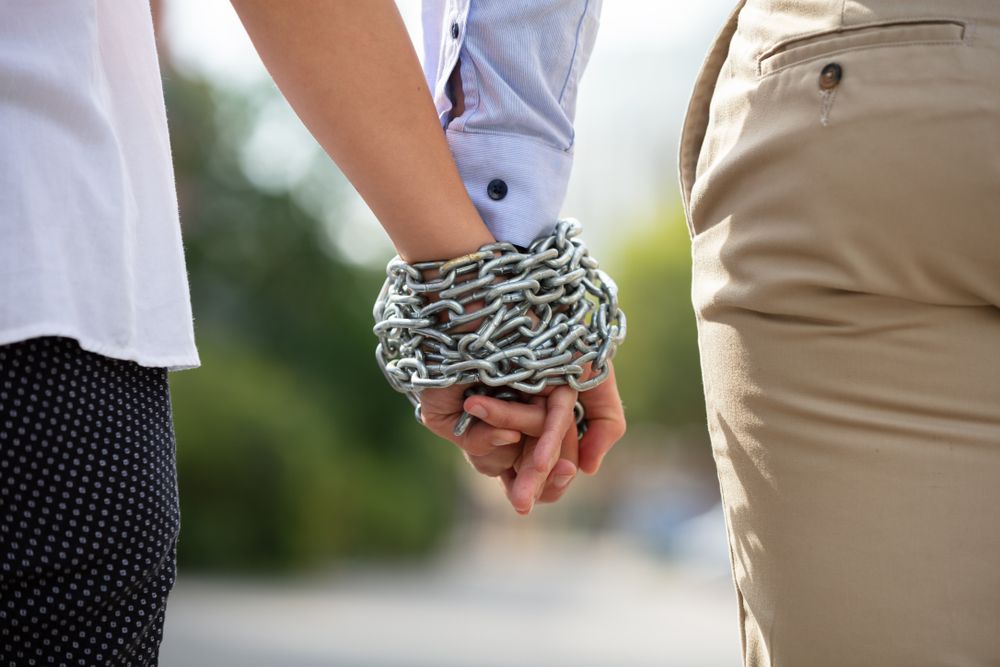



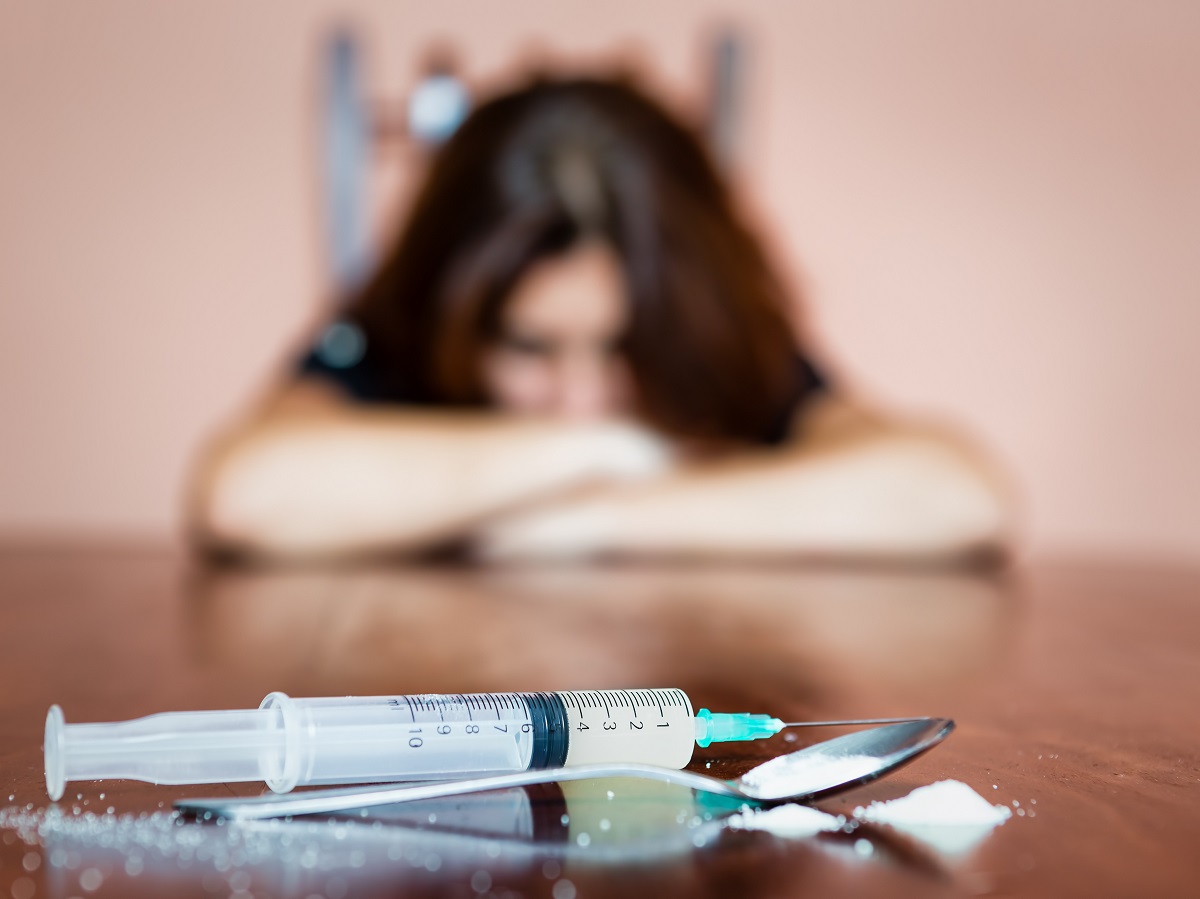
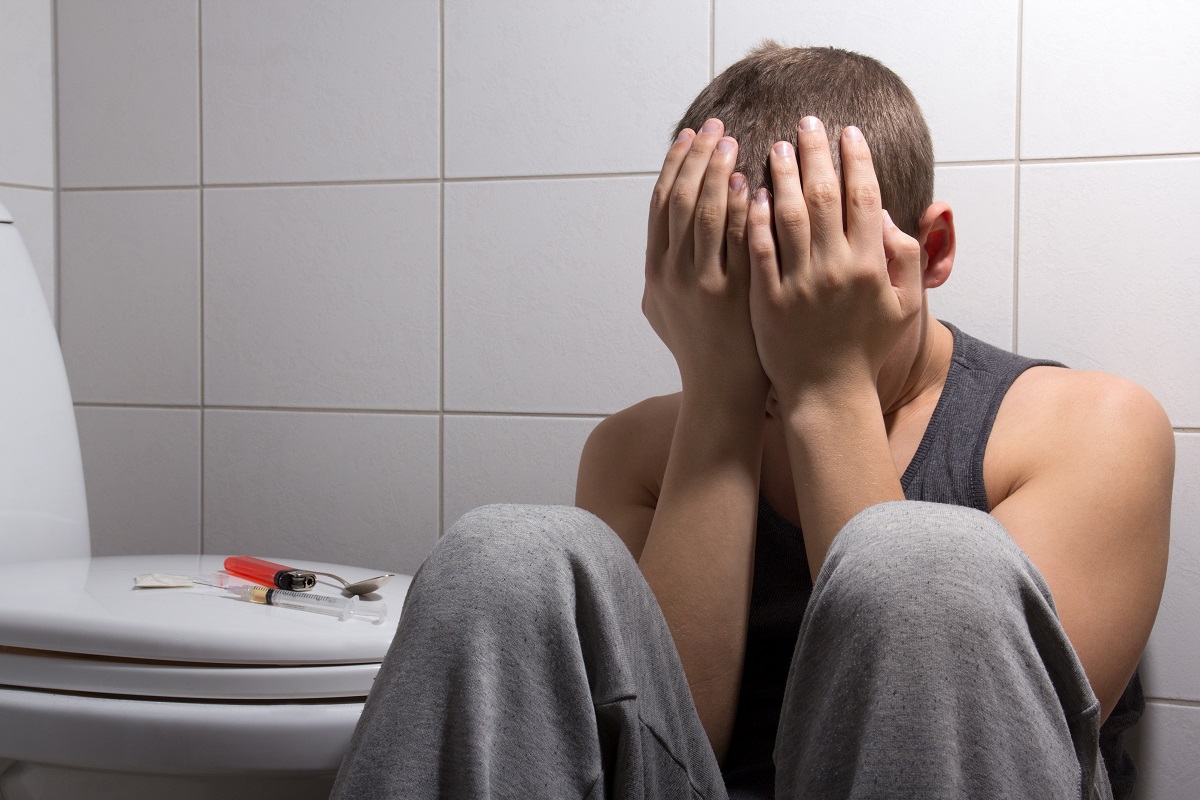




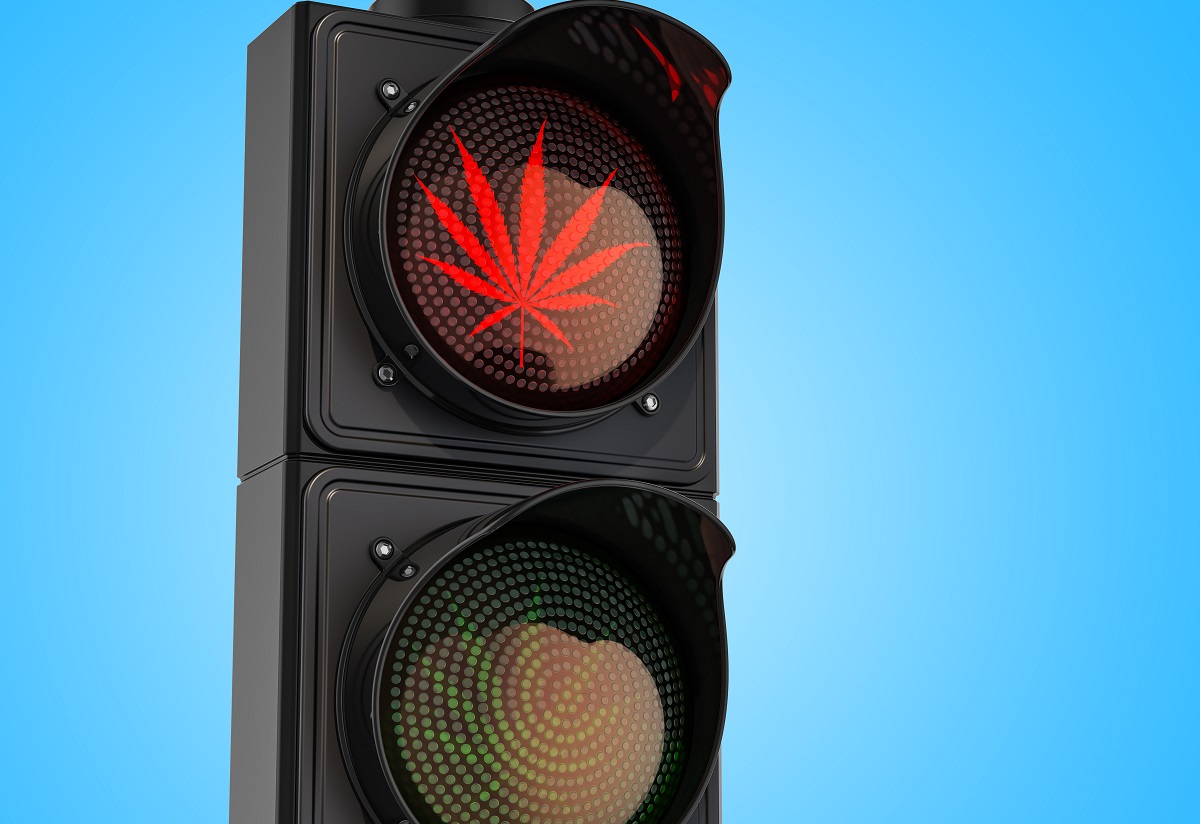
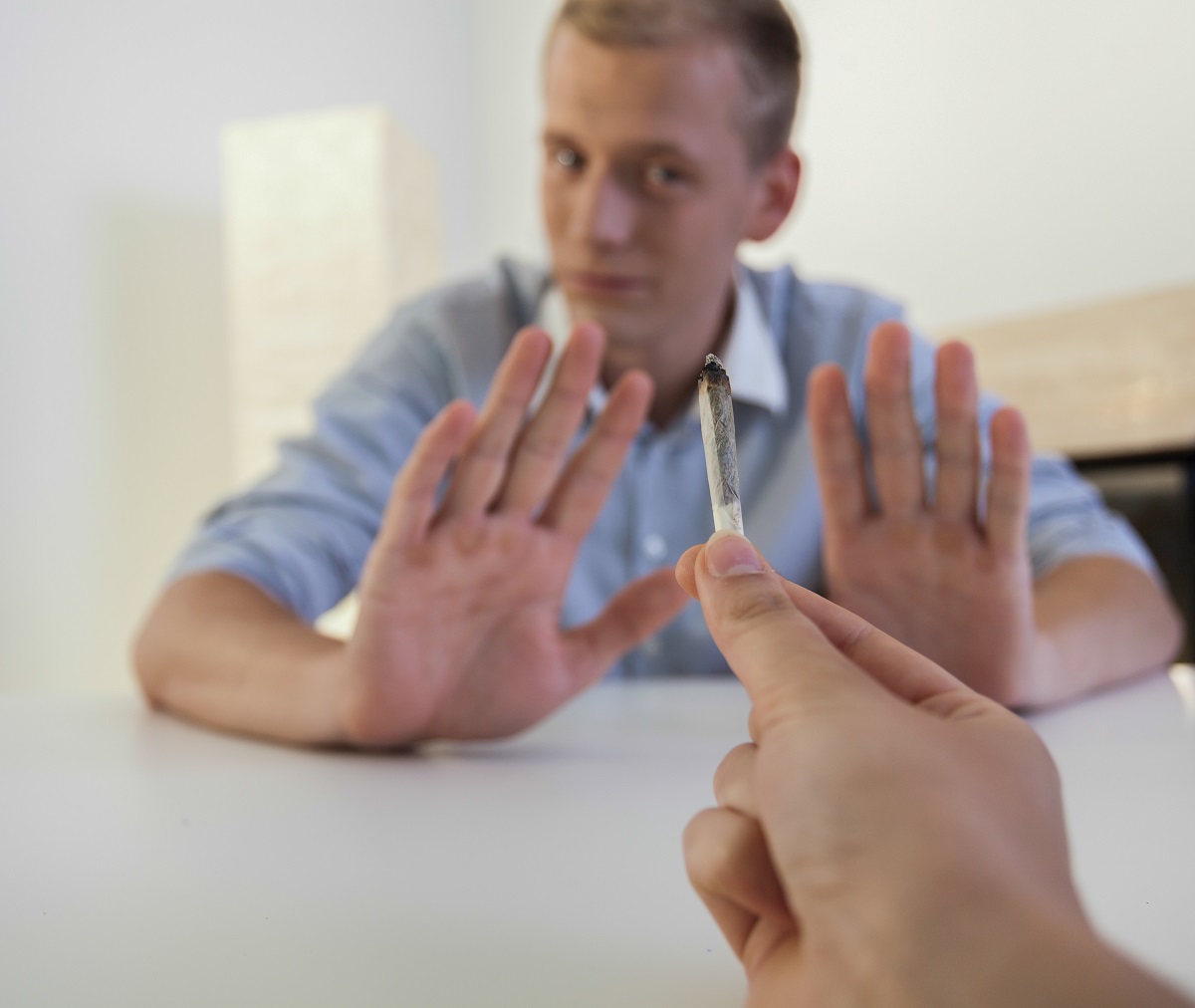 For most people, consuming marijuana is just a recreational activity. However, to some users, nothing compares to that heavenly buzz that comes with smoking it. Unfortunately, that all-so-pleasant buzz isn’t the best thing for you.
For most people, consuming marijuana is just a recreational activity. However, to some users, nothing compares to that heavenly buzz that comes with smoking it. Unfortunately, that all-so-pleasant buzz isn’t the best thing for you. 